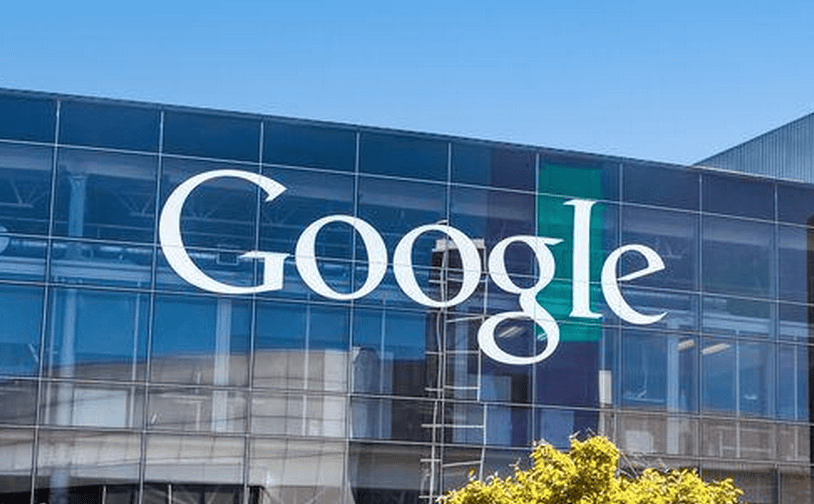Google is facing charges from the European Commission over alleged anti-competitive and favoured use of its own services on the Android operating system.
Formal anti-trust charges against Google will be unveiled on Wednesday.
The European Commission claims that Google is unfairly favouring its own services over those of rivals in a way that infringes EU antitrust rules – by stifling competition and harming consumers.

Google is being accused of forcing smartphone makers to pre-load its own apps on to Android smartphones.
In a speech on Monday in Amsterdam, Margrethe Vestager, the European Union’s competition commissioner, said Google is making it more difficult for other apps to compete by making smartphone manufacturers pre-load its own products.
“We need to be sure that big companies don’t try to protect themselves by holding back innovation. That’s why we’re looking closely at Google’s contracts with phone makers and operators which use the Android operating system,”‘ Vestager said in her speech.
“When we take a new smartphone out of its box, we want it to be ready to go straight away. We expect the maker – or the network operator — to make sure the basic apps, like a search app, are pre-loaded before it gets to us. And that gives innovators a great opportunity to bring a new app to people’s attention.
“Our concern is that, by requiring phone makers and operators to pre-load a set of Google apps, rather than letting them decide for themselves which apps to load, Google might have cut off one of the main ways that new apps can reach customers.”
Google told the Associated Press in an email that its contracts with phone manufacturers aren’t crowding out rivals.
“Anyone can use Android, with or without Google applications,” said Google spokesman Mark Jansen.
This will be the second charge sheet, known as a statement of objections, for the tech giant.
Google was previously accused of “abusing its dominant position in the markets for general internet search services in the European Economic Area (EEA) by systematically favouring its own comparison shopping product in its general search results pages.” That case is currently ongoing.

